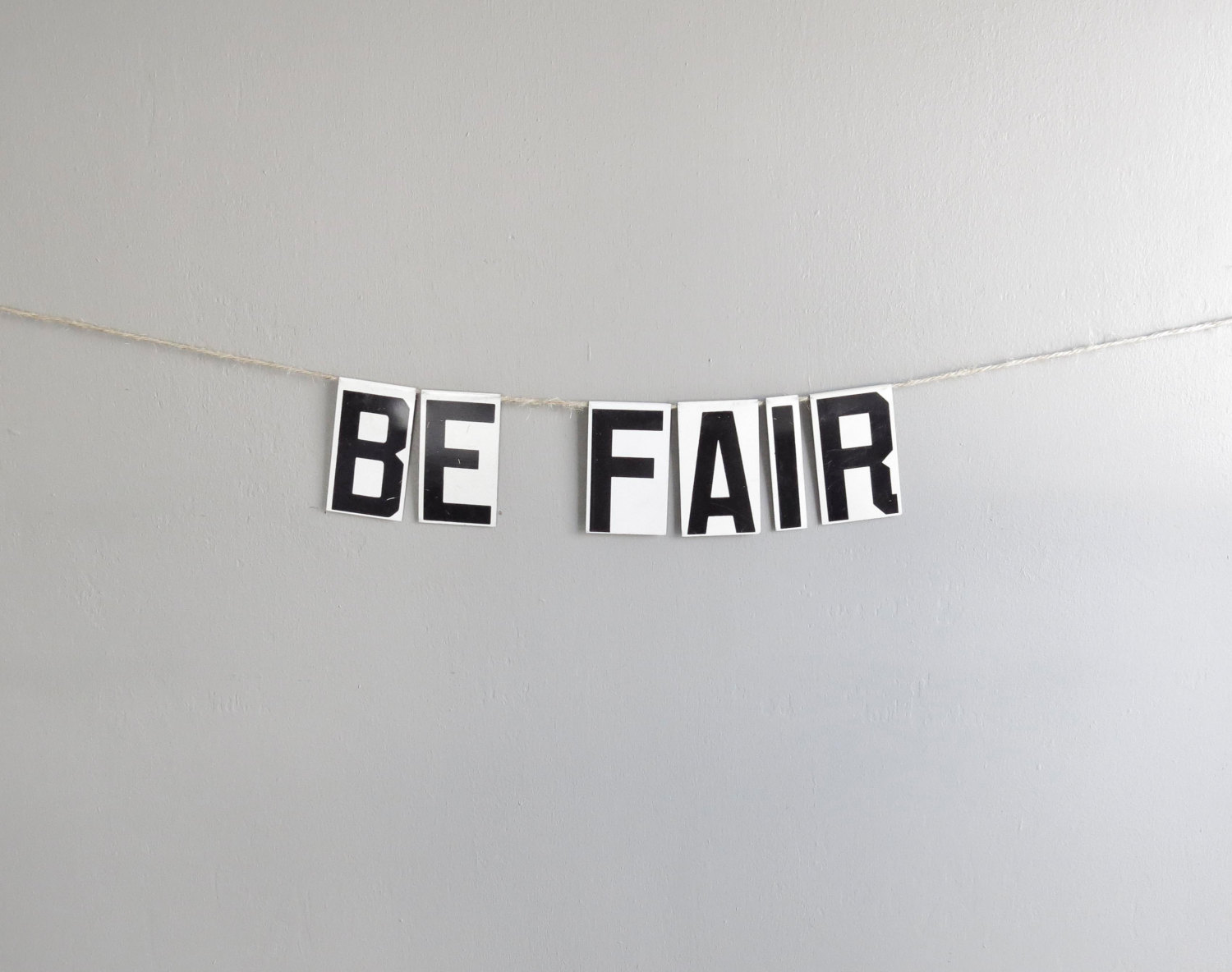The Effects Of Sibling Comparison
Theodore Roosevelt once said, “comparison is the thief of joy.” He was probably referring to people’s tendency to compare themselves to others and how destructive that can be.
This sentiment holds true in other contexts. One example is when parents and stepparents compare their children to each other.
Being a parent or stepparent of multiple children is hard enough. It would help if you avoided comparing your children to each other directly or indirectly.
Another saying springs to mind when comparing siblings: “The fastest way to kill something special is to compare it to something else.” With that in mind, here are some of the effects of sibling comparison.
Impacts Self Esteem
There are innumerable reasons for any child to be insecure about themselves growing up. This can be especially true in blended families where one biological parent is only partially in the picture.
It’s best not to add to children’s insecurities by comparing them unfavorably to their other siblings, directly or in private. Avoid saying things like, “why can’t you get good grades like your brother?” This could hurt the other child’s feelings.
As a result, they may feel like they’re not good enough. Combined with other factors, this could cause them to feel incompetent and unappreciated. This can lead to poor self-esteem down the line.
Can Create Sibling Rivalry
If you’re a stepparent, your goal is to have everyone live together happily and peacefully. You’d like to mend any developing rifts and prevent them from forming.
Comparing siblings to each other can create tension between them. It may even lead to a divide that lasts for a long time. This could stem from inferiority/superiority complexes or simple envy or jealousy.
If one sibling is constantly being praised while the other is being compared critically to them, it may lead the “good” sibling to feel like they are “better” than the “bad” sibling.
This might not be the case and isn’t good for their long-term relationship. Decades into the future, it’s possible that siblings might be the only immediate family members they have left, so their relationship is vitally important.
Affects Individuality
Each child is different and unique. They have their own sets of strengths and weaknesses. One child may be good at writing while another is good at sports.
One child might be able to sit quietly for 8 hours without making a peep, while another might need to get up and move around every 10 minutes. Part of growing up is discovering your strengths and how you can play to them.
To compare one child to another sends the wrong message. It sounds like you want all your children to be the same. Would you want all of your children to have the same characteristics? Probably not.
Even if you did, it’s simply not possible. When you refrain from making unfavorable comparisons between your children or stepchildren, you acknowledge their individuality and the traits that make them who they are.
Can Harm Your Relationship with Them
Being a stepparent can be challenging. One of the effects of sibling comparison is strained relationship between siblings and even the parent. Comparing them negatively to their siblings can create resentment and bitterness towards you – it might even be deserved.
The last thing you want is to impair your chances of having a productive and healthy relationship with your stepchildren. Think about it: would you want anyone to compare you to your siblings? What if they compared you to a fellow employee at your job?
What if someone compared you to your spouse? That would be unfair and hurtful. Children tend to have a sense of fairness, meaning they may revolt if you’re unfair to them in this way.
Can Lead to More Future Comparisons
As we touched on at the beginning of this article, “comparison is the thief of joy.” if a child growing up is constantly being compared to their brother or sister, this may rub off on them. In the future, this child might determine their self-worth by how they’re doing compared to others.
Do you want your child to get into the habit of constantly seeing how they measure up to others? It’s an unhealthy and unproductive way to live, and many people are suffering the consequences of living that way today.
Can Harm Academic Performance
When it comes to school, you should encourage and help all your children when they need it. A study on HelloDoctor.com found that parents’ beliefs about their children’s intelligence affected their grades.
On average, the child that parents viewed as the “smarter” typically scored 0.21-grade points better than the child who was less intelligent.
Some parents may believe that comparing their children could motivate them. This is often not the case. It would help if you resisted comparing your children or stepchildren both openly and in private.
This is because it can have long-lasting adverse effects on their mental health. Each child is unique and possesses the potential for greatness. It’s always best to recognize that fact.
Sibling rivalry can happen in any home, and it can cause parents many worries. However, you can identify the signs early and stop it from becoming a ‘full-fledged’ feud.






